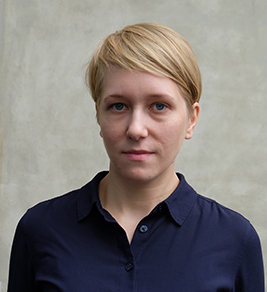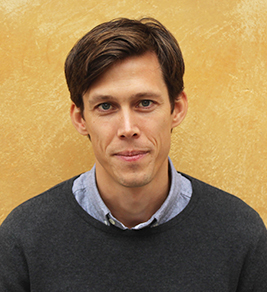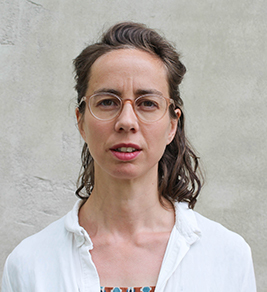Brownfield redevelopment is an important topic in Europe, where many countries and cities are experiencing rapid urbanisation. It is predicted that by 2020 approximately 80 per cent of Europeans will be living in urban areas, which means that more land in and around urban areas will need to be developed for housing and other purposes.
The aim of this brochure is to enable experiences of brownfield redevelopment to be exchanged between the Central Baltic countries (Latvia, Estonia, Finland and Sweden) by providing knowledge about the conditions for brownfield redevelopment in each country. The brochure presents the planning systems and principal legislation and policies related to brownfield redevelopment.
It specifically highlights the aforementioned key challenges of cooperation between actors and the remediation of contaminated land, and looks at how domestic
legislation and policies promote or hinder meeting those challenges.
This brochure is published as part of the Baltic Urban Lab project, which involves four partner cities (Riga, Tallinn, Turku and Norrköping) developing and testing new integrated planning and partnership models for brownfield redevelopment. The partners are aiming to find ways to tackle the various challenges brought about by the development of sites that are often privately owned or have fragmented ownership structures and where the soil is often severely contaminated and thereby requires significant resources for remediation.
The planning reviews in the brochure are drafted by Nordregio with valuable expert input from, in particular, the city partners and the associated partner, the Swedish National Board for Housing, Building and Planning.




